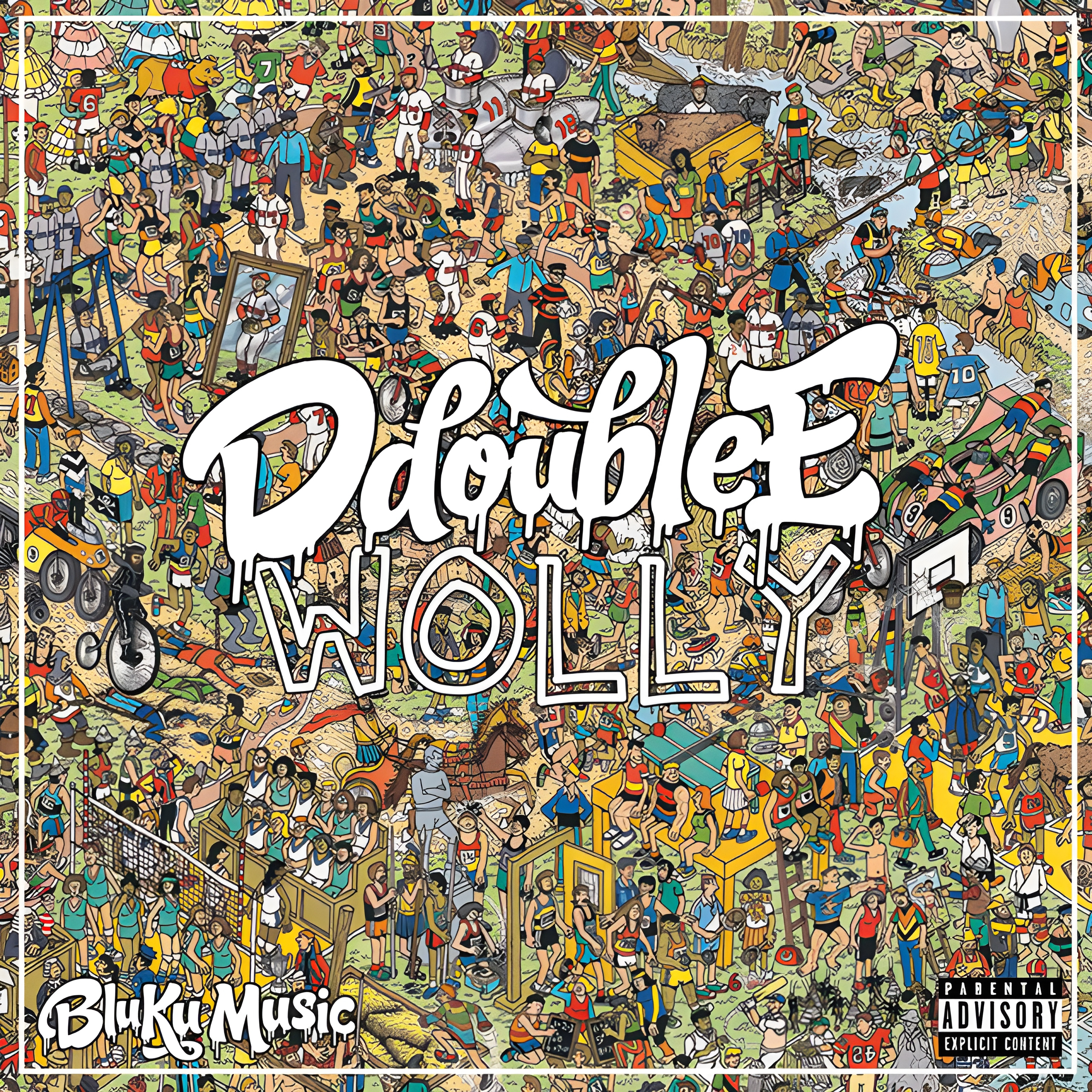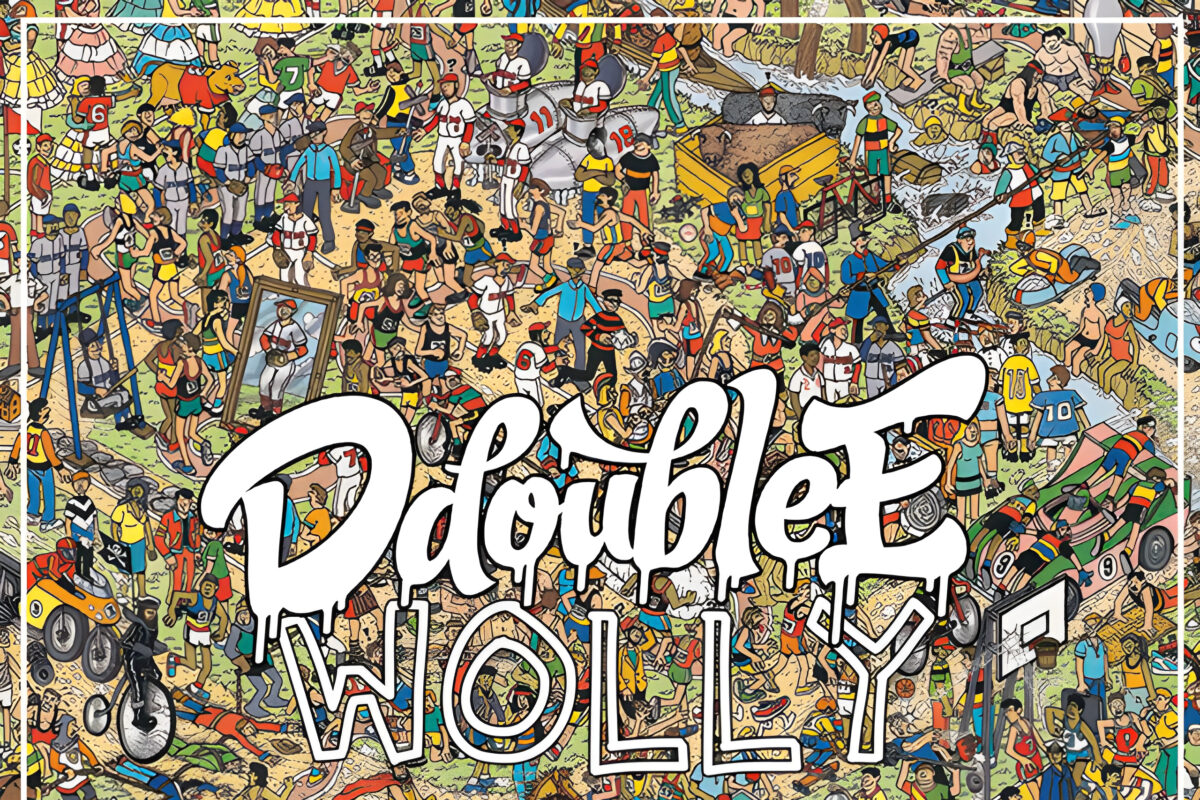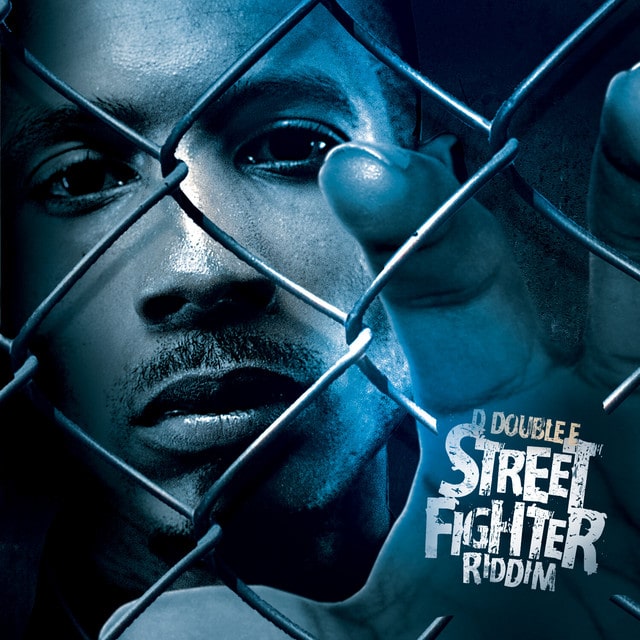Released: 2014
D Double E’s song “Wolly” takes a satirical approach to address those who falsely portray themselves as gangsters or thugs. Through humor and biting criticism, he exposes the superficiality and lack of authenticity in people who are caught up in projecting an image rather than being true to themselves. D Double E combines clever wordplay with an upbeat rhythm to challenge pretenders in the scene, serving up a potent reminder that authenticity trumps façade.
The song opens with a conversational tone that feels almost like a voicemail, with D Double E calling out someone who consistently talks big but fails to deliver on promises. This sets the tone for the rest of the song as a takedown of a wannabe gangster who overstates their involvement and status in the streets.
Throughout the track, the recurring phrase, “This boy thinks he’s a gangsta, this boy thinks he’s a G,” highlights the delusion of the person D Double E addresses. He repeatedly asserts that the subject believes themselves to be a gangster but in reality, they have been influenced by fictional portrayals on television. This repetitive mockery drives home the point that such pretenders lack true credibility.

D Double E paints a vivid image of this individual during live performances, calling out the hollowness behind their actions, such as removing their shirt to show muscles while rapping about hustling. This facade is quickly dismissed by comparing the person to a Jack Russell, a small dog breed known for its yappiness, contrasting it with the toughness they aspire to embody.
In one particularly scathing critique, he states, “If you wanna see a gangsta watch me walk past.” Here, D Double E positions himself as a more authentic representation of what the other person aspires to be, yet clearly isn’t. The juxtaposition implies that real confidence and prowess don’t need to be loudly declared.
As the hook rolls in, “You’re just a wolly, you’re just a mug,” D Double E dismisses the subject’s supposed gangster status outright. “Wolly” is a British slang term for a fool, while “mug” is someone who is easily deceived or not street-smart. The repetition of these terms underscores the mockery and critique that runs throughout the track.
The criticism doesn’t stop there. D Double E goes further to dismantle the person’s street credibility by mentioning their lack of money, social appeal, and even basic hygiene, which all contribute to a weak and embarrassing club presence. Here, he lists off failures one after another, painting a picture of a social pariah.
He contrasts himself with the subject through canine metaphors: “You’re like a Poodle I’m like a Great Dane.” The choice of breeds speaks to the disparity in stature and authenticity, emphasizing that the pretender’s attempt at tough-guy posturing is unimpressive in comparison to his own natural presence.
As the song progresses, D Double E delves into themes of shame and reality, urging the subject to “give up the game or feel the pain ’cause you’re in the wrong lane.” The clear message is a call for self-awareness, stressing that playing the gangster role when you can’t back it up will lead to failure.
The final verses culminate in an assessment of the pretender as a “badman” and “boss” while underscoring their habit of picking on smaller individuals rather than facing someone their own size. This critique is about fairness and respect in the scene, driving home the notion that being “true to the people” means authenticity rather than a show of dominance over the weak.
In essence, “Wolly” by D Double E is not just a diss track but a lesson in realness within the hip-hop community. With its witty dissection of wannabe culture, the track becomes a reflective mirror, challenging listeners to reconsider how they portray themselves. D Double E’s roots in the East London grime scene imbue his words with credibility, making “Wolly” a striking commentary on the importance of staying genuine amidst the lure of pretension.






